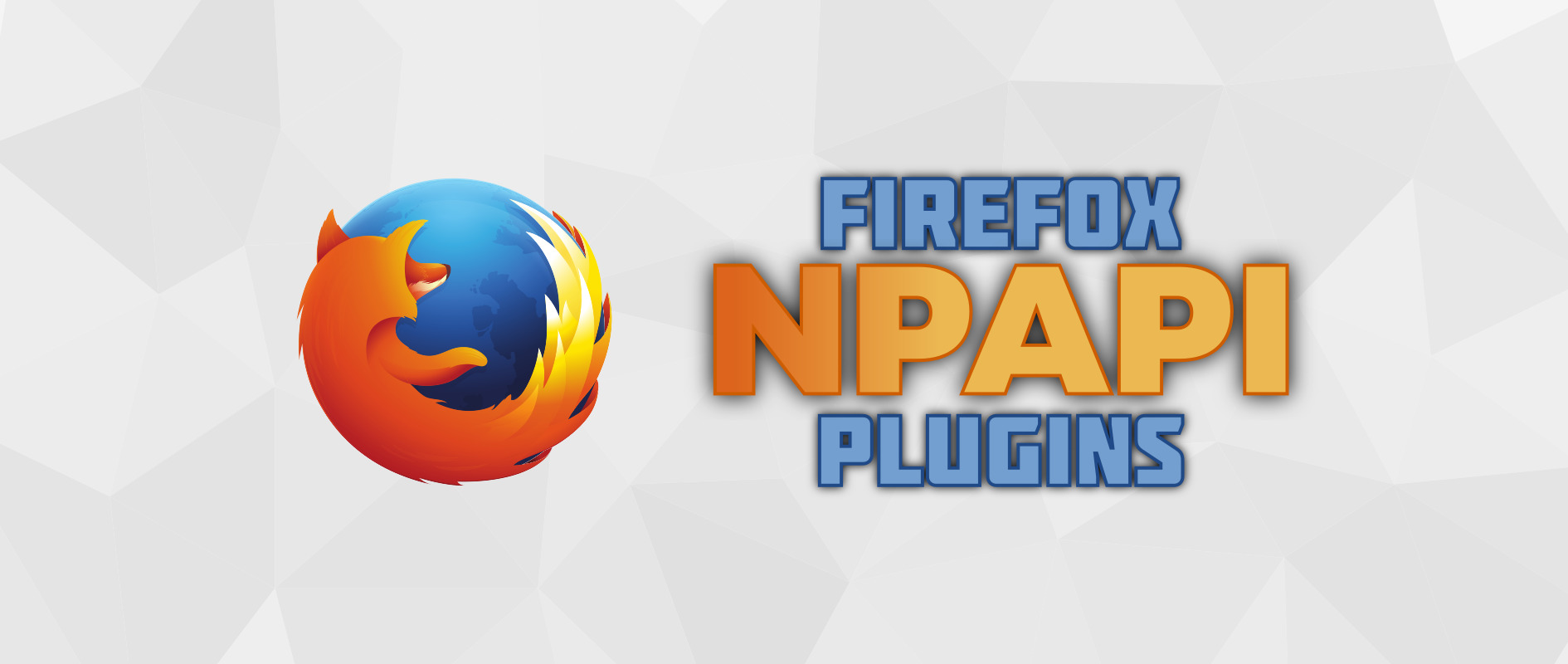Java Plugin Firefox Mac

Turning Java plugin on or off in Firefox web browser Enable or Disable Java in Firefox Beginning in Firefox version 52 released March 7, 2017, installed NPAPI plugins are no longer supported in Firefox, except for Adobe Flash. Some of the plugins that wil. Note that Apple has removed NPAPI plugin support in its Safari browser version 12, and therefore Java Plugin cannot be enabled in Safari browser version 12 and above. The screen shots and instructions below are for Java 8 Update 65 (8u65). Install Java on Mac. Download the jre-8u65-macosx-x64.pkg file. Click Java (TM) Platform plugin (Windows) or Java Applet Plug-in (Mac OS X) to select it; Check that the option selected is Ask to Activate or Always Activate or on older Firefox versions, click on the Enable button (if the button says Disable, Java is already enabled) Safari.
 It is our primary concern to provide download links for Windows ISOs with its origin directly on Microsoft servers. Although this is possible for most files, especially Windows 10 related images, we have to provide some downloads from our mirror servers. Also it is our goal to provide you exclusivly with original, unaltered Windows downloads.
It is our primary concern to provide download links for Windows ISOs with its origin directly on Microsoft servers. Although this is possible for most files, especially Windows 10 related images, we have to provide some downloads from our mirror servers. Also it is our goal to provide you exclusivly with original, unaltered Windows downloads.
Beginning in Firefox version 52 released March 7, 2017, installed NPAPI plugins are no longer supported in Firefox, except for Adobe Flash. Some of the plugins that no longer load in Firefox, even though they may be installed on your computer, include Java, Microsoft Silverlight and Adobe Acrobat. See this compatibility document for details.
Over the past few years, Firefox has implemented various Web APIs so that websites can do the same things they’ve always done without plugins, so you will most likely not notice any change to your browsing experience.
The internet is full of websites that go beyond static pages, such as video, sound and games. NPAPI plugins, especially Flash, have helped enable these interactive pages. But they also make your browsing slower, less secure and more likely to crash.
Over the past few years, Firefox has worked hard to build replacements for these plugins. Together, they are called Web APIs. They are designed to replace the function of these plugins without undermining your internet security, stability and performance.
Before, these Web APIs weren’t quite ready, so Firefox started the transition by making plugins load manually (click to activate).
Today, they’re ready. Many sites have adopted them, and almost all your favorite pages can be enjoyed without using old and insecure plugins. Firefox joins other modern browsers like Google Chrome and Microsoft Edge to remove support for these NPAPI plugins.
From Steven Michaud:


